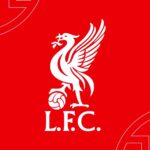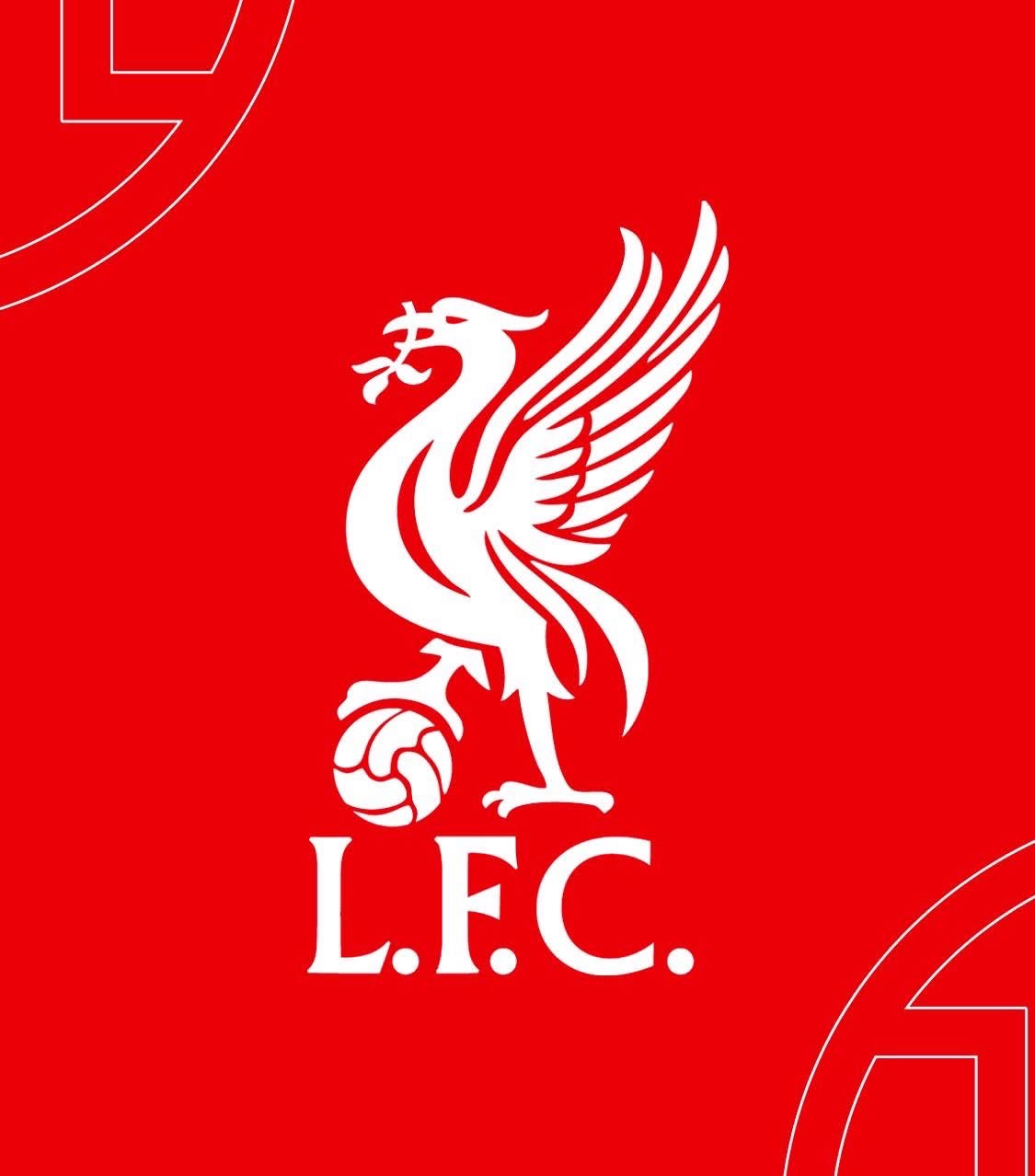Introduction
In modern football, transfers are rarely simple. Beyond the negotiations between two clubs, there are always agents, personal demands, loyalty bonuses, and behind-the-scenes leverage plays. Manchester United’s recent sale of Antony to Real Betis is a perfect example. Just three days ago, the deal looked on the verge of collapse. Betis and the player’s camp threatened to walk away unless United agreed to a £5 million settlement. But instead of giving in — as the old Manchester United might have done under the Glazers — INEOS and the new leadership stood their ground. The result? United sold Antony without paying him a penny more.
This saga wasn’t just about one transfer. It was about principle, power dynamics, and showing the football world that Manchester United will no longer be pushed around in the market.
Antony’s Position: Why He Thought He Could Demand More
Antony arrived at Manchester United in 2022 for a staggering £86 million, one of the most expensive transfers in the club’s history. At the time, Erik ten Hag had insisted on his signing, hoping to recreate the Ajax connection that had worked so well in the Eredivisie. But fast-forward two years, and Antony’s United career was defined by inconsistency, controversy, and underwhelming performances.
So when Betis came calling, it was already a deal United were willing to do at a huge loss. Reports suggest that the agreed fee was significantly below what the club originally paid. But in modern football, players often feel entitled to “exit settlements” — payouts for leaving early, loyalty bonuses, or golden handshakes. Antony, despite underperforming, allegedly thought he deserved one last payday.
In Antony’s mind, this was standard. He had seen countless players before him walk away with millions simply for agreeing to leave. Why shouldn’t he? But this was where Antony miscalculated.
INEOS’s Response: A Game of High-Stakes Poker
The key to this saga lies in how INEOS handled the situation. In the past, United were notorious for poor negotiations. Players on the decline often walked away with massive compensation packages. Managers got paid millions for being sacked early. Agents squeezed extra fees out of the club with little resistance.
This time, however, things were different. When Antony and Betis threatened to collapse the deal unless United paid him the £5 million, INEOS refused to budge. Their response was simple:
“Fine, no move then.”
That single line changed everything. Betis, desperate to strengthen their squad, backed down. Antony, realizing he had no leverage, backed down too. The bluff had been called. For once, Manchester United showed backbone.
Why This Matters Beyond Antony
On the surface, this looks like a minor win in one transfer saga. But the truth is, it sends a much bigger message — both to players and to rival clubs. Manchester United are no longer the soft touch of the transfer market. They will not pay players millions for doing nothing. They will not hand out golden parachutes just to clear the wage bill.
This has been one of the biggest criticisms of United since Sir Alex Ferguson retired. Under the Glazers, the club regularly overpaid for signings, offered bloated wages, and caved in during negotiations. It’s how players like Alexis Sánchez, Bastian Schweinsteiger, and Ángel Di María left with huge payouts despite offering little. It’s how agents came to view United as easy money.
By refusing Antony’s demands, INEOS have made it clear: those days are over.
The Broader Impact on the Dressing Room
Footballers talk. Dressing rooms are networks of gossip and influence. When one player gets a settlement, others notice. If Antony had walked away with £5 million on top of his transfer, other players would have expected similar treatment in the future. It creates a culture where mediocrity is rewarded and loyalty is meaningless.
Instead, Antony’s exit sets a new precedent. If you underperform and want to leave, you will not be rewarded for failure. That’s the kind of culture shift Manchester United have desperately needed. Players will think twice before trying to hold the club hostage.
A New Era of Negotiation Under INEOS
This isn’t just about one player; it’s about setting the tone for how Manchester United does business moving forward. INEOS are bringing a corporate ruthlessness that was missing under the Glazers. Instead of emotional decisions, they are treating transfers like any other high-level business transaction. That means sticking to principles, protecting the club’s financial health, and refusing to be manipulated by agents or entitled players.
Football, of course, isn’t just business. But at the elite level, clubs that combine sporting ambition with financial discipline are the ones that thrive. Manchester City, Bayern Munich, and Real Madrid don’t get pushed around in negotiations. For United to rejoin that elite, they needed to change their habits. The Antony saga is proof they’re starting to.
Fan Reactions: Relief and Respect
Among United fans, the reaction has been overwhelmingly positive. Supporters are tired of seeing their club waste money on payouts and bad contracts. Many celebrated this moment as symbolic of a new era — one where United finally act like the biggest club in England rather than a charity for underperforming players.
Social media was filled with posts praising INEOS for standing firm. Words like “finally,” “about time,” and “proper business” were everywhere. For once, instead of mocking United for weakness, rival fans grudgingly admitted this was the right way to handle the situation.
Conclusion: A Small Step, A Huge Symbol
At the end of the day, Manchester United still took a financial hit on Antony. They sold him for far less than they bought him. From a pure balance sheet perspective, the transfer will go down as a loss. But the way the deal was handled tells a bigger story.
United didn’t cave. They didn’t pay him off. They didn’t set another dangerous precedent. Instead, they sent a message: this club will no longer be bullied in negotiations.
Sometimes, football isn’t just about the money gained or lost in a single transfer. It’s about culture, principles, and image. And in this case, United showed all three. Antony may be gone, but what remains is the sense that Manchester United are finally learning how to run themselves like an elite club again.




